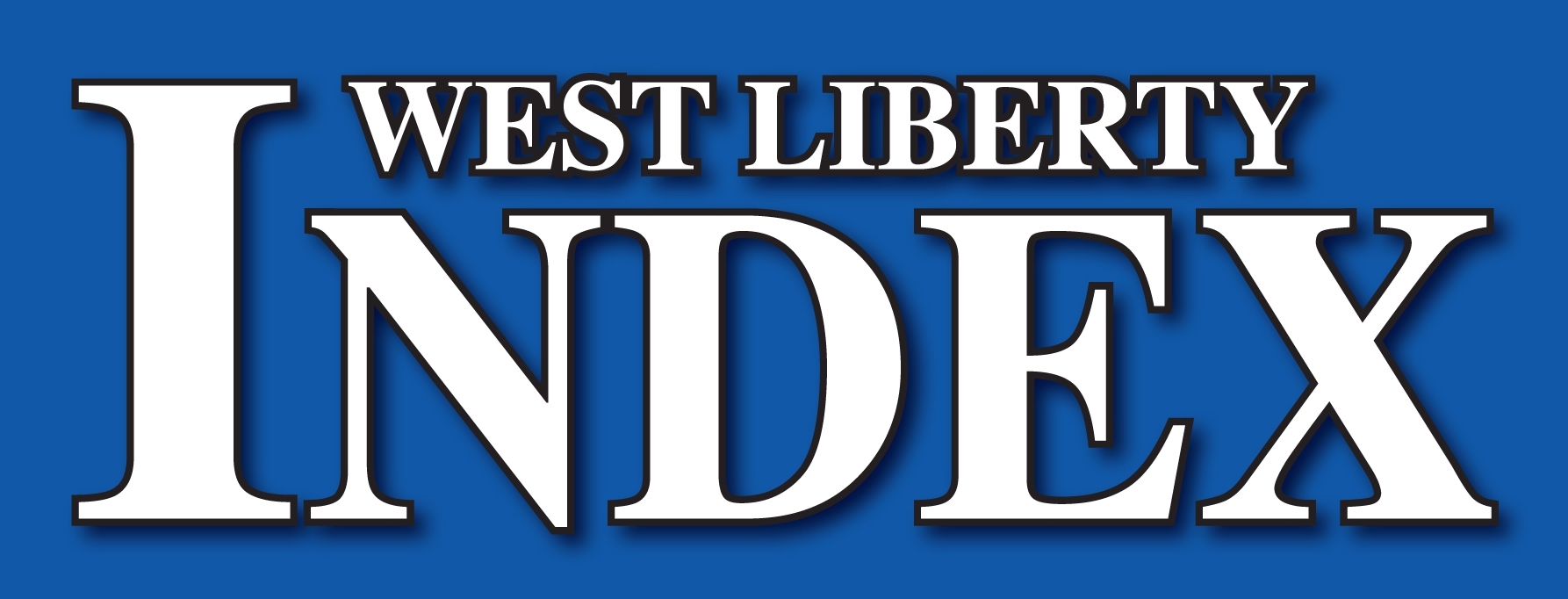State Treasurer’s advice on estate planning
DES MOINES — State Treasurer Michael Fitzgerald’s Great Iowa Treasure Hunt includes many properties for deceased Iowans. “When an individual doesn’t do the proper planning, it can make a difficult time even more complicated,” Fitzgerald said. “I know estate planning can be a sensitive topic to discuss with family, but it is the only way to ensure your funds go to the people or organizations you choose. Our goal is to ensure that your accounts or property do not end up in the Great Iowa Treasure Hunt.”
Financial institutions or businesses may not be aware of certain life events — such as change of address, marriage, divorce or death — which can result in the money being deemed “lost.” Estate planning conversations can aid in preventing these lost funds from being reported to the Treasurer’s Office as unclaimed property by informing loved ones of your assets and financial plans. “There have been many instances in which a grandparent had a safe deposit box that nobody knew about or a life insurance policy that could have made a difference to the family,” Fitzgerald added. “Take the time to plan now.”
Tips to keep track of money and prevent it from being unclaimed property:
1. Download and complete the Vital Statistics document from the Treasurer’s website to provide direction and guidance for your loved ones.
2. Make sure you have a will on record and designate the beneficiaries of your estate. Otherwise, a court could be left to decide the fate of your funds.
3. Designate individuals for different roles as needed: power of attorney, executor, trustees, etc. These roles come with a lot responsibility, so consider your designations carefully.
Unclaimed property refers to property or accounts within financial institutions or companies in which there typically has been no activity for several years and the business cannot locate the owner. In Iowa, the assets are safeguarded in the Great Iowa Treasure Hunt until the owner or heir of the property is found. Common forms of unclaimed property include forgotten savings or checking accounts, stocks, uncashed checks, unpaid life insurance benefits, utility security deposits and safe deposit box contents. The program has returned over $287 million in unclaimed property since Fitzgerald created it in 1983.
Visit GreatIowaTreasureHunt.gov for more information.
Comments
